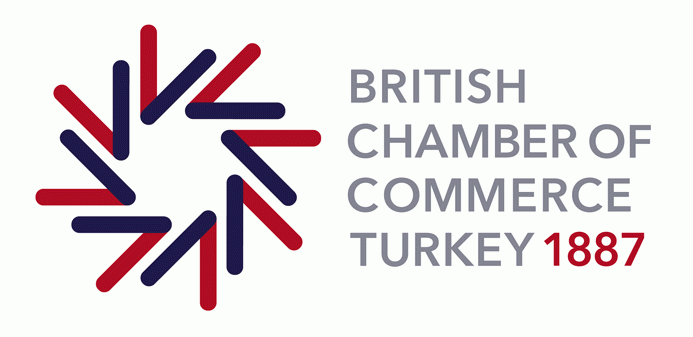UK government works with global partners to fight illegal wildlife trade
25 April 2019
Schemes to combat poaching and protect endangered species from being illegally traded are among fourteen new projects set to benefit from a UK government fund. This year, government ministers have marked Earth Day (22 April) by announcing that the schemes will each receive a share in £4.6 million from the Illegal Wildlife Trade Challenge Fund.
Environment Minister Thérèse Coffey said:
“The illegal wildlife trade is an international tragedy. This serious organised criminal networks do more than just damage wildlife - corruption and illegal activities undermine sustainable development and the rule of law, bringing misery to local communities.
“The Illegal Wildlife Trade Challenge Fund is backing projects that will tackle the criminals at source and in countries that are destinations for items made from illegally traded plants and animals.”
From 25 to 26 March 2019, Defra and the British Embassy in Hanoi, with support from other consortium members, recently held a successful workshop in Vietnam to look at ways to tackle the demand for illegally traded species and products. The workshop brought together specialists from Vietnam and the wider region, along with Defra’s Demand Reduction consortium members and global academics and practitioners.
In May 2019, a review meeting on how countries are tackling the global illegal wildlife trade will take place at the Convention on the International Trade in Endangered Species Conference of the Parties in Sri Lanka.
Mark Field, Minister of State for Asia and the Pacific, said:
“Six months ago we hosted the London Illegal Wildlife Trade Conference and I’m hugely encouraged by the progress that’s been made so far. The UK is committed to finding new ways to combat this illicit trade through a coordinated, global response and stamping out demand for illegal wildlife products is a crucial part of this.”
Reducing demand for illegal wildlife products is critical to stopping the illegal wildlife trade. As long as the demand for these goods persists, criminals will seek new ways to circumvent anti-trafficking and anti-poaching enforcement efforts, and the threat to wildlife populations worldwide will continue.
Dr Vuong Tien Manh, from Vietnam CITES, said:
“We appreciate the support from the UK government and international organisations to help tackle the Illegal Wildlife Trade.
“Although good work has been done in this area, there is still demand in some parts of Vietnam. Interventions need to be based on scientific research. Vietnam is contributing to global action on IWT but there is a need to do more.”
The consortium currently consists of Oxford Martin School, TRAFFIC, Wildlife Conservation Society (WCS), United for Wildlife (The Royal Foundation), UN Environment Programme and USAID.
London Declaration 2018
The London Declaration 2018 committed the UK to investing more than £36 million between 2014 and 2021 to take action to counter IWT, including work to reduce demand, strengthen enforcement, ensure effective legal frameworks and develop sustainable livelihoods.
The full text of the London Declaration 2018 is available online.
[Redacted from www.gov.uk news story]
Follow Chamber International on Twitter @ChamberInt and on Facebook for the latest in international trade.



